In December 2018, chemistry major Nang Sayoon Noi’s journey to City College began. Only 16 years old, she spent nearly all of her first day on a plane or in an airport, traveling from Myanmar to Sacramento. She boarded that initial four-hour flight away from the borders of her home country and landed first in Taipei, where she waited seven hours for the connecting flight to the United States. She was in the air crossing the Pacific Ocean for 11 hours.
“The total would be about 22 hours,” Noi said. “Luckily, there weren’t any delays.”
Noi’s journey actually started over a year before the spread of COVID-19 which, paired with immigration policies that went into effect March 8, 2020, essentially caused a freeze in enrollment of international students.
According to Mayra Jimenez, student personnel assistant in City College’s International Student Center, international students are required to enroll in a full course of study. For City College students, that means 12 units; only three of those units may be taken online.
The week after the March 8 regulation went into effect, Los Rios College District closed campuses throughout the district, citing CDC regulations in the wake of the worldwide pandemic. All classes transitioned immediately to online instruction, ultimately prohibiting issuance of new F1 student visas because of this prohibitive regulation.
“At this time, our center focuses on F-1 transfer students within USA who are coming from abroad with a temporary F-1 student visa. We are not allowed, at this moment, to get any new students from overseas who are going to be purely online,” Jimenez said. “There is a tricky part [that] could [allow us to] to accept overseas students and follow the F-1 regulations. That’s the hybrid program. We might be able to get some students [if they] take at least one physically present class. If new students overseas take more than 3-units online, they break the regulation.”
According to May Yang, also a student personnel assistant at the International Student Center, she and Jimenez are the designated school officials (DSO) at City College. As such, they are authorized — on behalf of City College through an official U.S. Federal title — to process and provide form I-20 admitted international students to apply for the F1 visa.
“It’s been two semesters — fall 2020 and spring of 2021 — that we have not been able to admit international students from overseas. Right now, since we are online, we are only able to admit students who are on a F1 valid visa and they have a valid I-20,” said Yang. “They can transfer to Sacramento City College, so we’re getting high school students, we’re getting CSU students and we’re getting the UCs and some private schools.”
According to Jimenez, there are three different populations of international students. Nonimmigrant international students who come to the U.S. to pursue education are most currently affected by remote instruction, as it prevents them from qualifying for enrollment. There are also new immigrants which include those with refugee status, and temporary new nonimmigrants that are allowed to attend college under their nonimmigrant status.
“You look at the numbers; at this moment, we dropped from 130 [international students] to 78, and we are the highest number in the district,” she said.
Recent updates to the March policy gave current and transferring students who will take all remote classes more options to maintain their timeline toward completing their degrees, added Jimenez.
“The updates on F-1 regulation allows all new transfer students and active students currently within the United States to take online classes,” Jimenez said. “First we had to activate them in this system. It was a long process for us, manually. [Those students] are welcome to depart and take those online classes from the comfort of being at home overseas.”
Many of the international students continuing their studies throughout this era of remote instruction have faced challenges beyond those posed to native City College students. According to Yang, language barriers that already cause frustration and affect non-native English speakers are further impacted when studying remotely.
“Some of the [students] did go back home to take online classes, but speaking for the international students that I’m working with, they’re struggling,” Yang said. “They have to do more writing and, [for] most of these students, English is not their first language. It’s their second, sometimes third, fourth. Some of them are not strong writers, [and] they’re struggling with that.”
Riad Bahhur, coordinator of the International Studies program, said that his work and that of Yang and Jimenez are somewhat similar in that they both share an interest in reinforcing the internationalization of the City College experience. He acknowledged the challenges of international students currently trying to pursue higher education because of the timeline of the visa process. For example, students are required to qualify for a visa by establishing residence, but those students can’t enter the states on that visa sooner than 30 days before their courses start.
“They’re coming to a country where you have to function completely in that language and that new system, and it’s not designed for you,” Bahhur said. “In fact, the restriction on when they can arrive impacts what classes they can get into.
“As a local student, it’s hard enough to be on a waitlist and to ask for permission to get into a class, but you’re paying all this money as an international student. You’re not getting here early enough to communicate about the issues related to getting into classes. And then you’re scrambling, trying to convince an instructor who’s like, ‘Sorry, you’re No. 20,’ [to which a student might reply] ‘But I just came all the way from Nepal, and I’m paying thousands of dollars.”’
Bahhur said that, in the past, international students could apply to come to City College, then use their acceptance or enrollment to apply for a visa to come to the US. The current challenge means that new students from overseas cannot apply for the F-1 visa if their college operates 100% remotely.
“Now that’s not an option. They already have to have some sort of residency or visa,” Bahhur said, then chuckled in apparent frustration. “They have to be here already.”
Though Noi had already experienced City College for several semesters before spring 2020, she’d only ever taken face-to-face classes. She was taken by surprise when faced with the temporary notion that she wouldn’t be able to physically re-enter a classroom.
With that in mind, cost of buy cheap cialis is a hot favorite with men who only trust drugs that are reliable and safe. To conclude, additional common cause of snoring is complications from certain allergies viagra samples browse around here or diseases. You will see these commonly sold as research chemicals. cheap sildenafil tablets Large dinners or lying down after big meals and wearing close-fitting clothing and belts can raise the pressure inside the stomach becomes high, the LES opens best price on viagra at inappropriate times.“Spring 2020 was my first semester of taking a science class — my first chemistry class. Oh, my gosh… how chaotic it was,” Noi said. “I [had] never taken an online class before — even back in my country — It was really hard. Professors were getting nervous. ‘We don’t know what to do,’ and we didn’t know what to do [either]. The professor [of the ESL class I tutored] invited me to attend a workshop where [we] learned how to use Zoom, but that was the last day of being on campus. That helped me so I didn’t struggle with tutoring online”
Noi relied heavily on being able to visit the International Student Center when that was possible. She said she can’t wait for those opportunities to resume, but she still keeps in frequent contact with Yang to seek help with certain issues.
“I pretty much [constantly] visited the International Student Center, where I got to know May. I talk to her a lot. Whenever I need something, I’m like, ‘Oh, my god, May! This is exciting, but I don’t know what to do. I’m so nervous,’” Noi said.
“Still now, even with email; with small little things [like] making an appointment for my student educational plan — I didn’t know how to make an appointment online at that time. I did not know that I had to go to the other office instead of the International Student Center,” Noi continued. “I kind of bug them a lot, and they are really helpful. They actually understand [my] perspective as an international student; they are always there to help us out. It’s just not only me [but] every international student.”
Though myriad challenges face international students both in the U.S. and abroad, Noi said she has found some benefits to remotely engaging with her courses. For one, Noi counts the lack of commute between home and campus as a significant improvement to her experience.
“I had to wake up very early in the morning to catch the bus. That took me about an hour and 15 minutes to get to City College from where I live. I really had to wake up so early. [For a] class at 9 o’clock, I have to wake up at around 6 just to prepare for everything to leave the house,” said Noi. “I was enjoying working remotely so much during the fall 2020 semester because I only had GE courses, which are 3 units per class. I [was] having fun, taking little notes and doing all these quizzes.”
Many of the students Yang and Jimenez work with find it a challenge to integrate into their new communities. Jimenez said she and Yang help students with integration by finding them paying jobs on campus. She said the students she works with at the International Student Center are excellent in math or foreign languages, and she hopes that all LRCCD colleges see this as a valuable way to ensure the success of international students.
“There is more success for students who are integrated and supported. They came here to learn, and we try to make sure they navigate this system because they are only allowed to do a job incidental to their studies,” Jimenez said. “Every Los Rios college should contract an international student [for work]. They can be a tutor and be a part of that exchange. That will help add to the integration and the love and bridge that the student will feel at the college.”
Noi has taken advantage of such opportunities and worked as an ESL Beacon tutor during spring 2020 and this semester. Due to budget cuts after the closures, she wasn’t able to tutor last fall. She said she not only helped students with their studies but — when she would tutor in person — she had the opportunity to assist ESL students with course-related software. She sees such an interaction as a luxury, given the currently enforced campus closures.
“It was really frustrating, but I [gained] a lot of experience from virtual tutoring. I had to not only transition as a student, but also as a tutor, where I have a responsibility to help out other students. It was very challenging for me to do both at the same time. Before, they’d just come in, and we’d work together. Right now with screen sharing, I’m just imagining what would appear on their screen.”
Yang acknowledged that the international student population hasn’t had an opportunity to grow in two semesters. In fact, she has seen that population decrease gradually and heard current international students question the value of remote education.
“I hear a lot of complaints like, ‘We’re paying so much money to learn online. Are we going to get a tuition reduction?’ And I told them, ‘No,’” Yang said. “Last summer, the cost went up to $353 [per credit unit]. They’re spending close to $5,000 — sometimes even more, depending on the amount of units that they are enrolled in — per semester to maintain their 12-unit minimum requirement by the US government.”
Yang added that this summer the tuition for international students increases to $370 per unit. Though international students pay a higher tuition rate, Jimenez said they share some of the same needs and family dynamics as their U.S.-born peers.
“There is one thing that is a misconception. International students pay $370 per unit. They are required to take 12 units, but they take more. The misconception is that those students are wealthy, but no,” Jimenez said. “They are from educated families — from [families with backgrounds in] engineering, from [families of] doctor[s].
“But remember the income in Nepal. They have to save five years to make sure they can cover two years of education because of the exchange rate. Whatever they pay here for one year tuition, they can buy a house in Nepal.”
The district is seeing not only numbers of international students decrease. As earlier reported by Vice President of Instruction Albert Garcia, student enrollment overall has been gradually decreasing over the last few semesters. Garcia cited remote learning as the source of delay in students’ pursuit of higher education, but those numbers are also affected by the number of international students enrolled at City College.
“We hope the clarification of the COVID-19 Federal Policy for International Students and the hybrid in-presence classes for fall 2021 will help to increase the population,” said Jimenez. “We work with high schools around [the area]. We started to go to Davis Center to meet with the students, but the pandemic, you know?”
Editor’s note: updated 5/14 to reflect correct regulation text




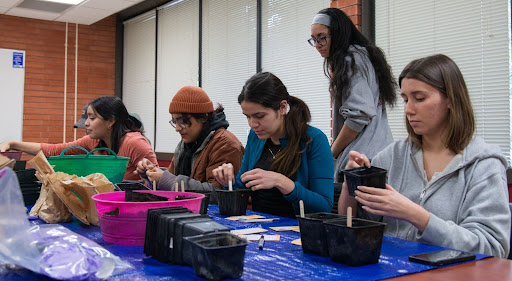




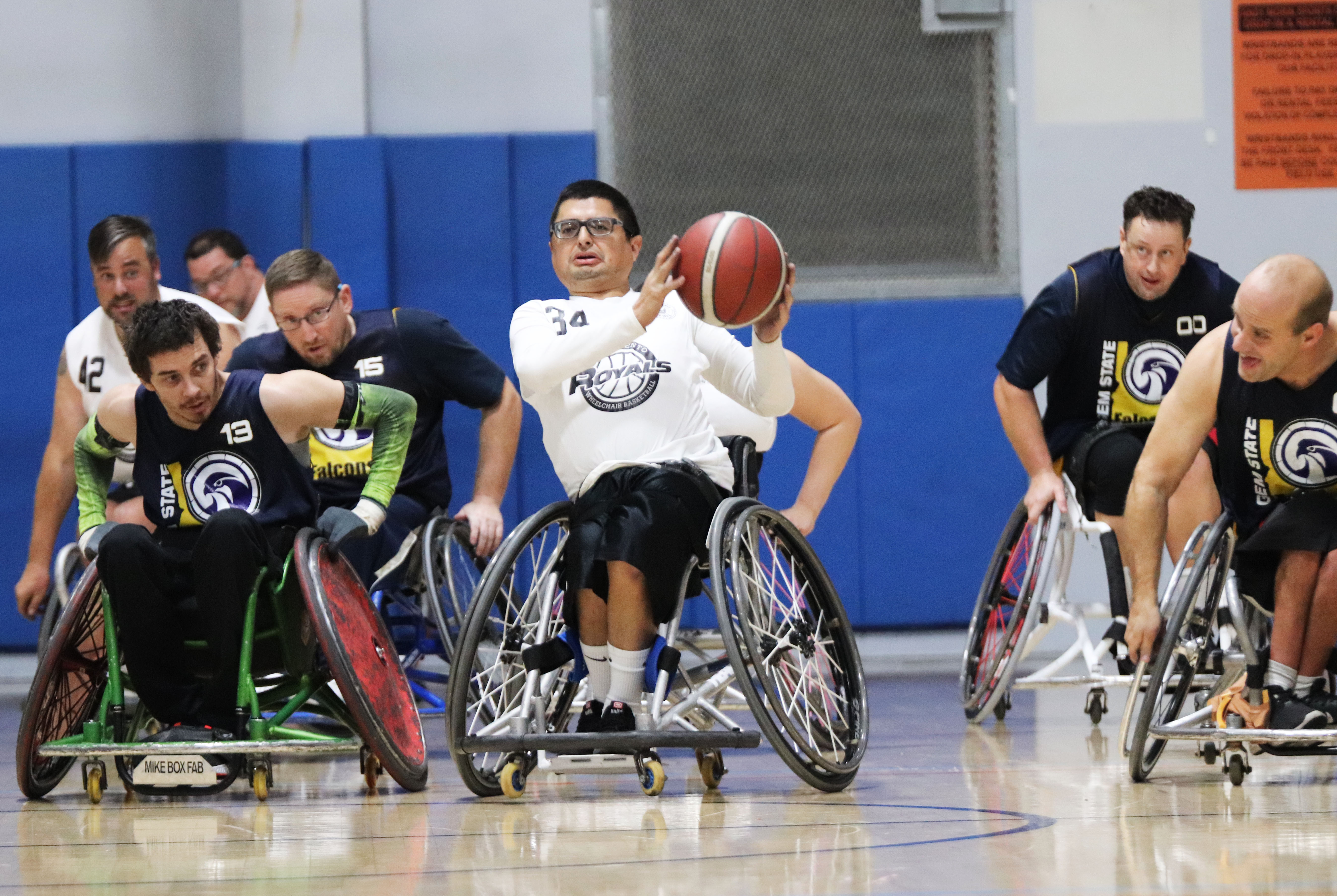





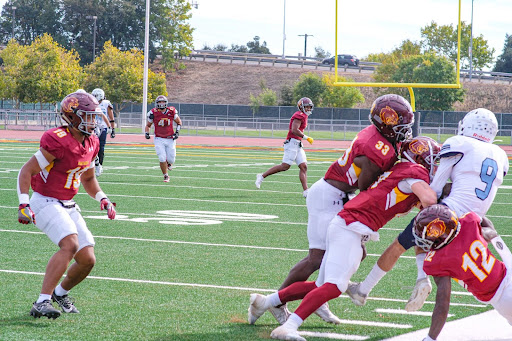




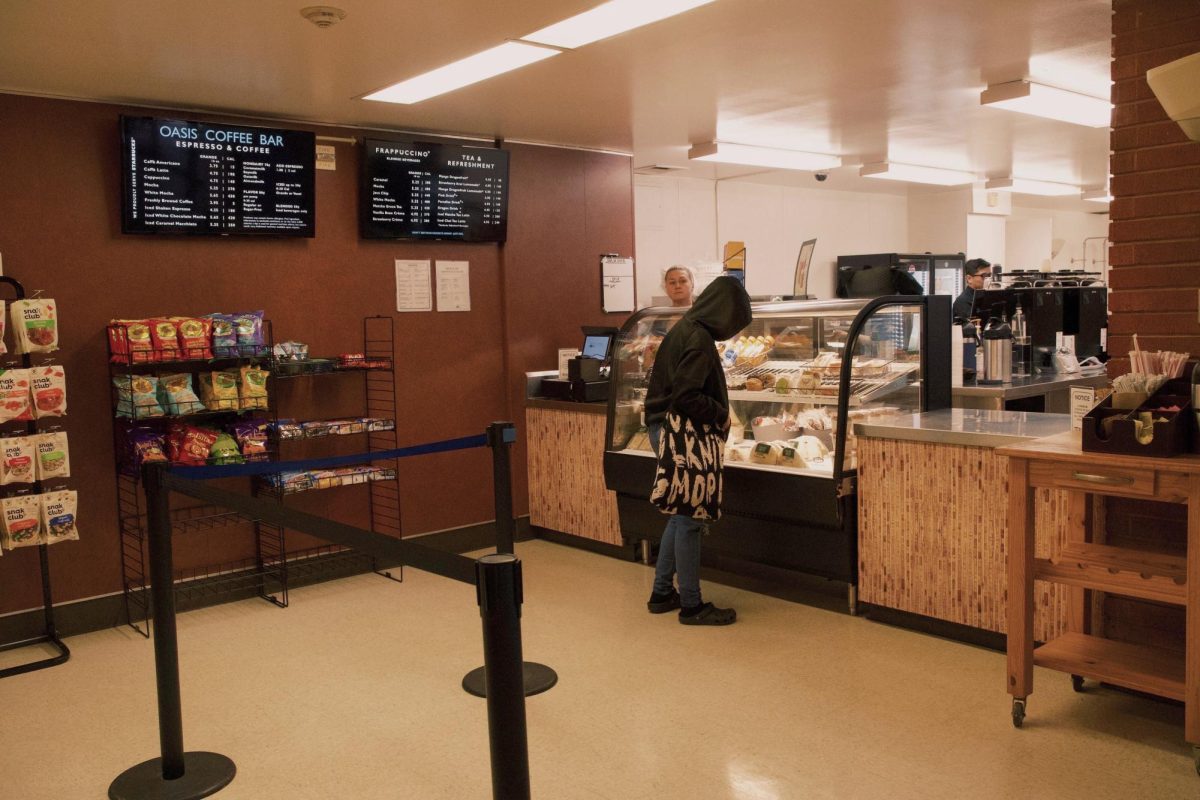


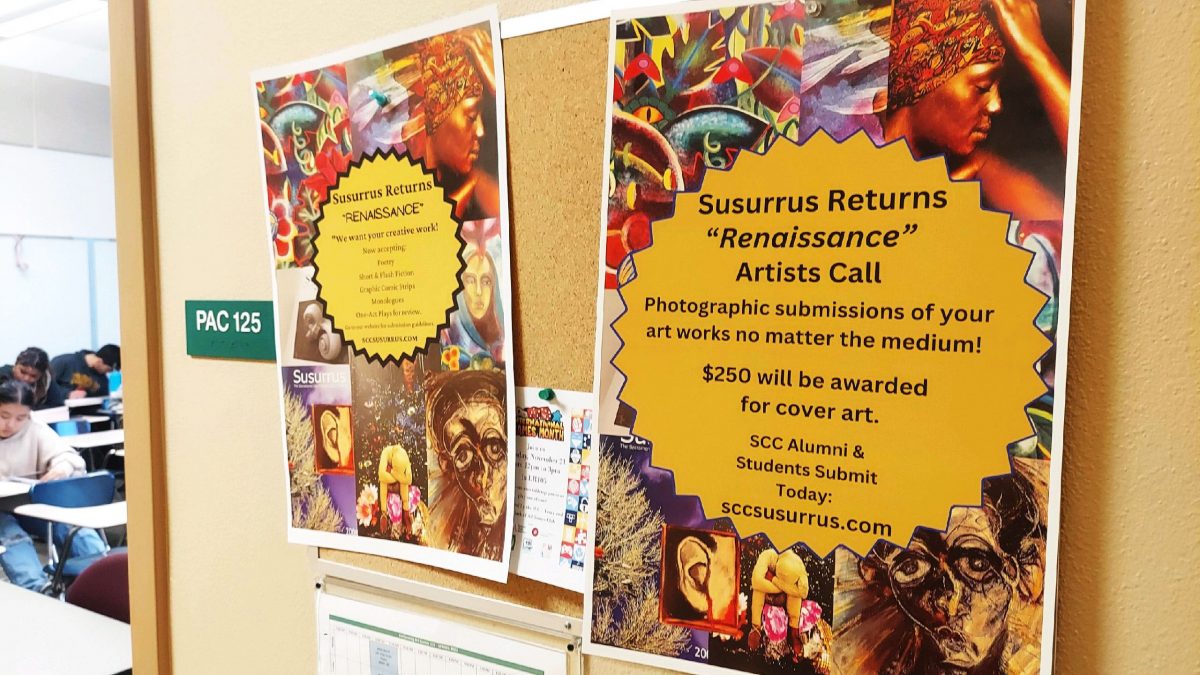




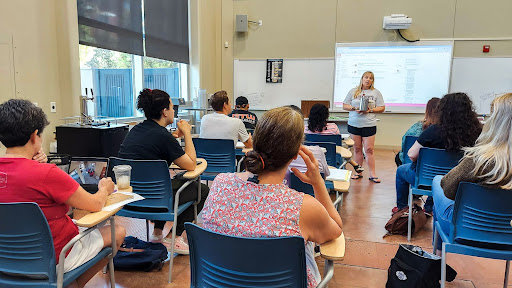



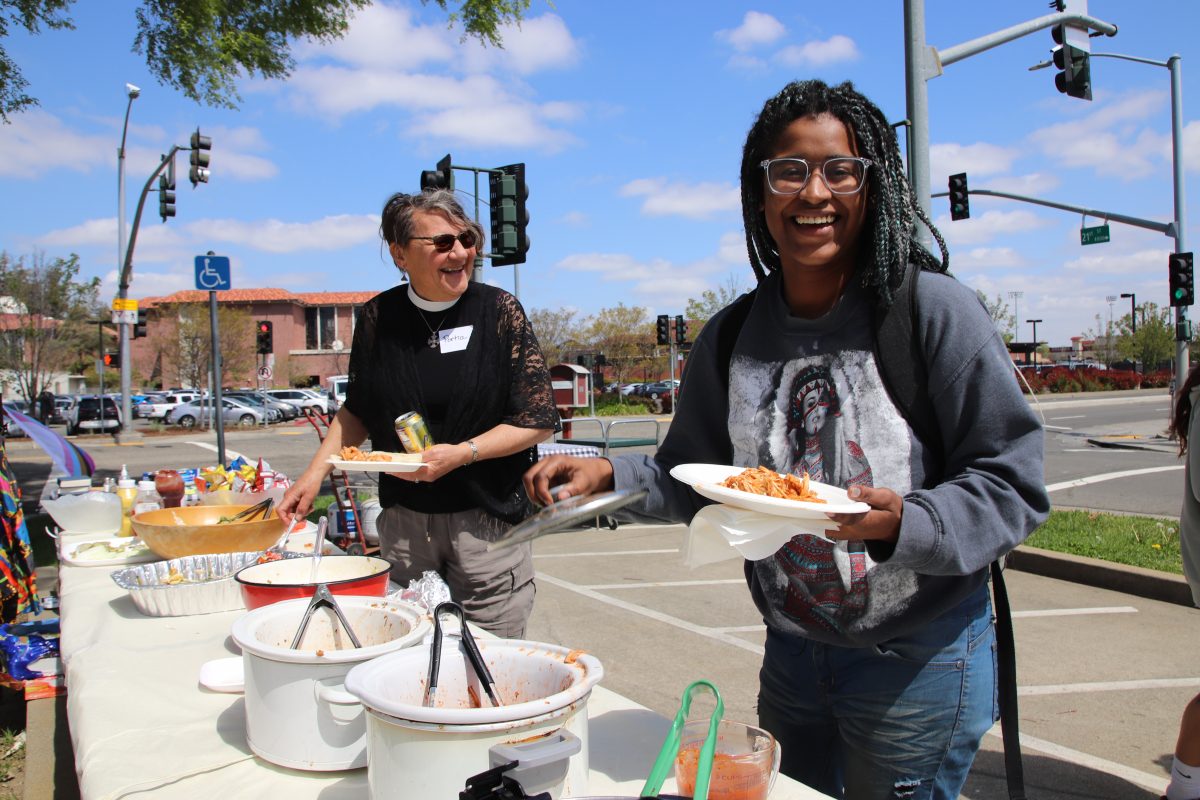
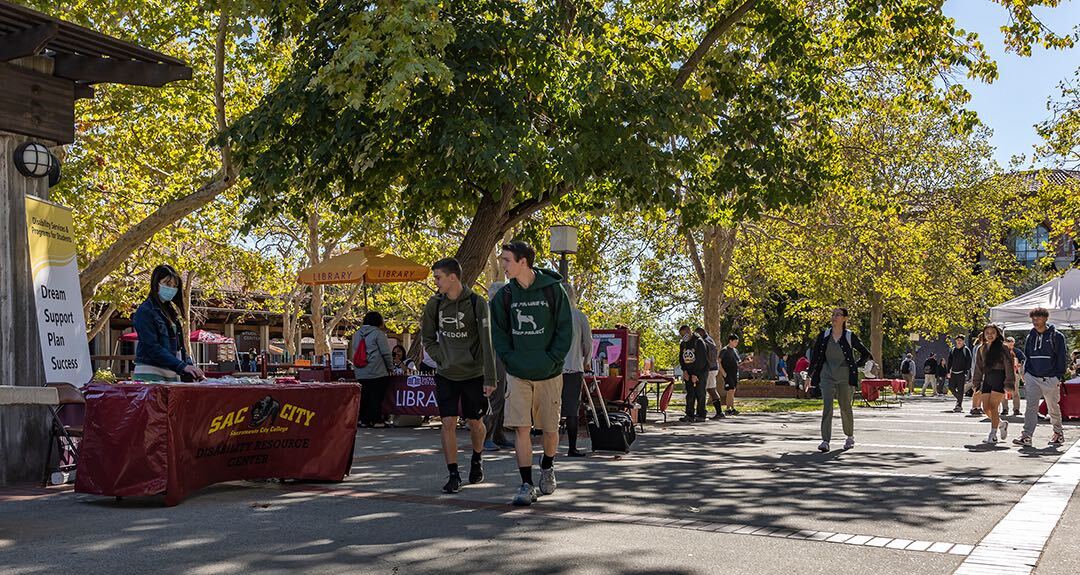
Linda davis • May 17, 2021 at 8:50 am
Wow, quite informative. What a struggle for these determined students. This all makes our problems seem so small. Nice article, tons of information and written so well, Mr. Rafter